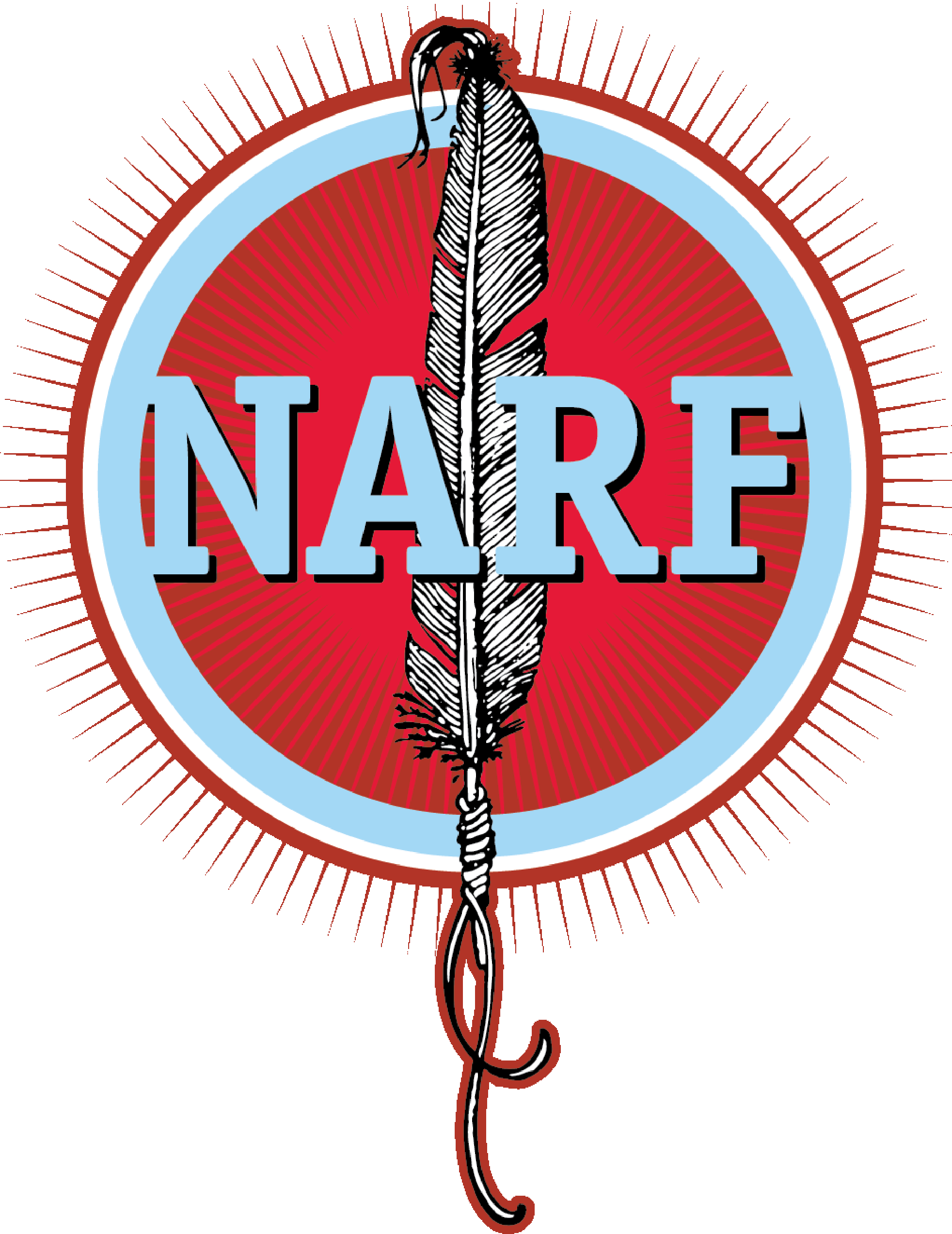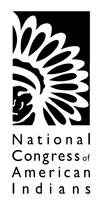What is the Tribal Supreme Court Project?
During its 2000 Term, the United States Supreme Court issued two devastating Indian law opinions: Atkinson Trading Co. v. Shirley (Tribes lack authority to tax non-Indian businesses within their reservations) and Nevada v. Hicks (Tribal Courts lack jurisdiction to hear cases brought by tribal members against non-Indians for harm done on trust lands within their reservations). These opinions were devastating in that they struck crippling blows to tribal sovereignty and tribal jurisdiction -- the most fundamental elements of continued tribal existence. These losses were indicative of the Court's steady departure from the longstanding, established principles of Indian law and were among a string of losses suffered by Indian tribes over the past two decades.
In response, in September 2001, Tribal Leaders met in Washington, D.C., and established the Tribal Supreme Court Project (Project) as part of the Tribal Sovereignty Protection Initiative. The purpose of the Project is to strengthen tribal advocacy before the U.S. Supreme Court by developing new litigation strategies and coordinating tribal legal resources, and to ultimately improve the win-loss record of Indian tribes. The Project is staffed by attorneys with the Native American Rights Fund (NARF) and the National Congress of American Indians (NCAI) and consists of a Working Group of over 200 attorneys and academics from around the nation who specialize in Indian law and other areas of law that impact Indian cases, including property law, trust law and Supreme Court practice. In addition, an Advisory Board of Tribal Leaders assists the Project by providing the necessary political and tribal perspective to the legal and academic expertise.
What Does the Tribal Supreme Court Project Do?
The U.S. Supreme Court is a highly specialized institution with a unique set of procedures that includes complete discretion on whether it will hear a case, and a much keener focus on policy consideration than the lower federal courts. The Tribal Supreme Court Project is based on the principle that a coordinated and structured approach to tribal advocacy is necessary to preserve tribal sovereignty. The Project performs the following functions in an effort to make better tools available to enhance the overall quality of tribal advocacy before the Supreme Court:
- In conjunction with the National Indian Law Library, monitors Indian law cases in the state and federal appellate courts that have the potential to reach the Supreme Court (NILL Indian Law Bulletins)
- Maintains an on-line depository of briefs and opinions in all Indian law cases filed with the U.S. Supreme Court and cases being monitored in the U.S. Court of Appeal and State Supreme Courts (see Court Documents above)
- Prepares an Update Memorandum of Cases which provides an overview of Indian law cases pending before the U.S. Supreme Court, cases being monitored and the current work being performed by the Project
- Offers assistance to tribal leaders and their attorneys to determine whether to file a Petition for a Writ of Certiorari (see definition) to the U.S. Supreme Court in cases where they lost in the court below
- Offers assistance to attorneys representing Indian tribes to prepare their Brief
in Opposition (see definition) at the Petition
Stage (see definition) in cases where they won in the court below
- Coordinates an Amicus Brief (see definition) writing network and helps to develop litigation strategies at both the Petition Stage and the Merits Stage (see definition) to ensure that the briefs receive the maximum attention of the Justices
- When appropriate, prepares and submits Amicus Briefs on behalf of Indian tribes and Tribal Organizations
- Provides other brief writing assistance, including reviewing and editing of the principal briefs, and the performance of additional legal research
- Coordinates and conducts Moot Court (see definition) and Roundtable opportunities for attorneys who are presenting Oral Arguments (see definition) before the Court
- Conducts conference calls and fosters panel discussions among attorneys nation-wide about pending Indian law cases and, when necessary, forms small working groups to formulate strategy on specific issues


